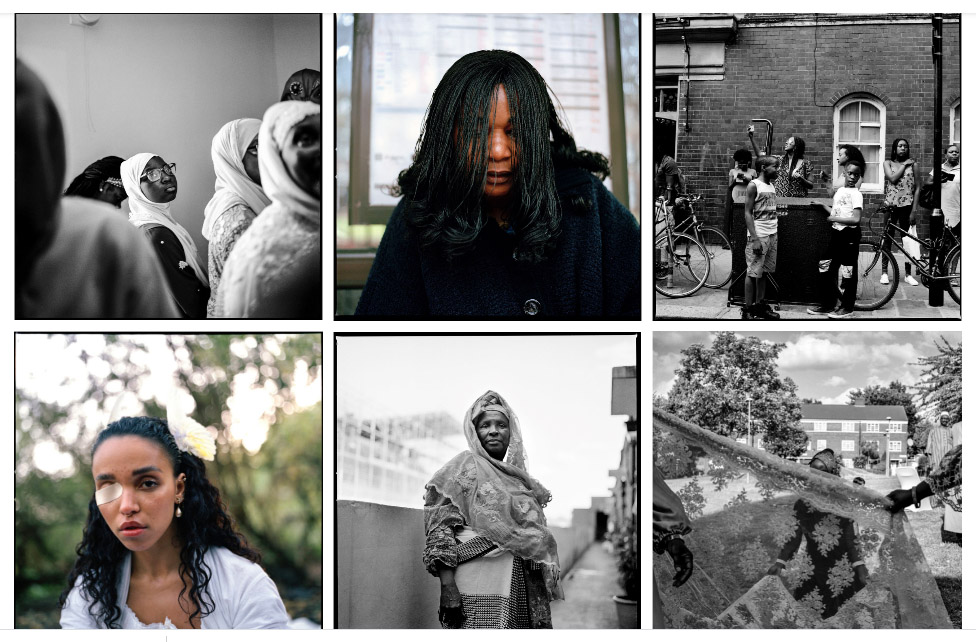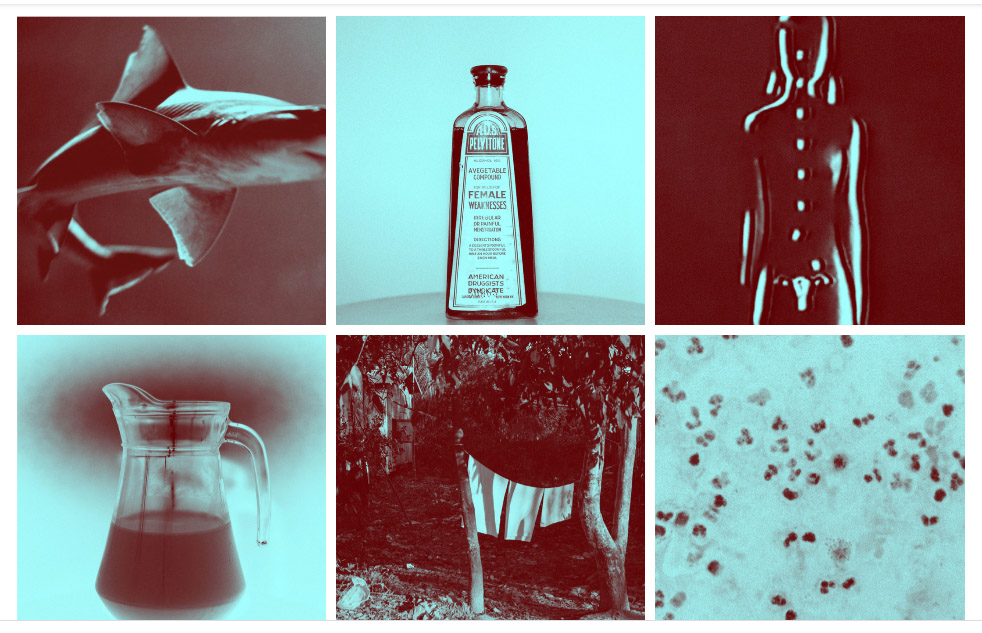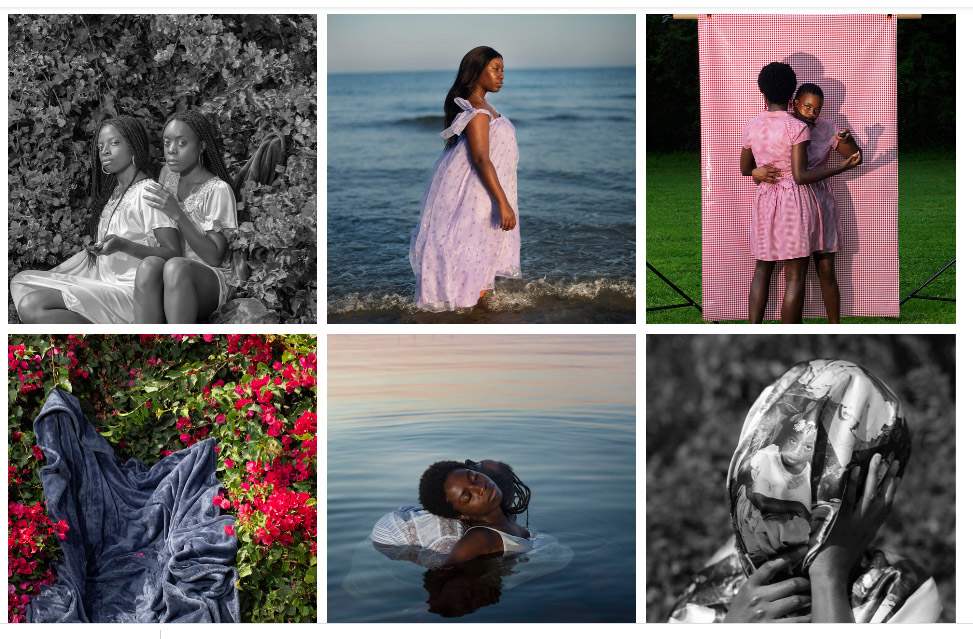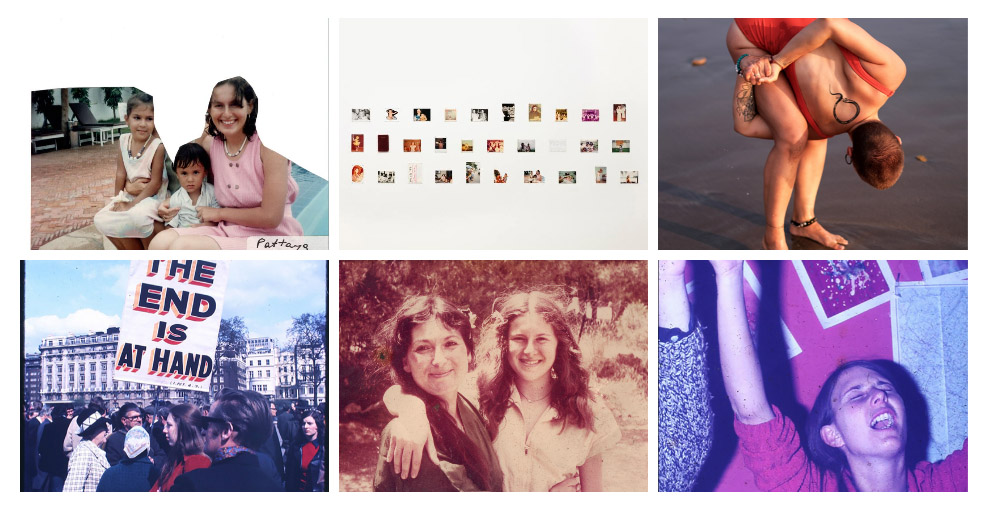The title ‘In progress’ suggests that the work exhibited is aiming to shed light on issues that are still a problem in society today and are only being solved gradually. I believe the title of this exhibition has derived from the phrase ‘a work in progress’, as it implies that although people are making an effort to reduce these issues, they are also being put on the side-lines as other problems are being prioritised over them. For me the word ‘progress’ connotes ideas of steady change and revolution in society. In the last 5 years I think that photography has become more honest in the way we capture moments, I believe we have seen a more candid side to the world rather than a staged outer appearance, especially due to the increasing amounts of photo-journalism we have access to due to technology such as phone cameras. In addition, I also think that this honesty has come from a place of activism and a need for improvement to ourselves and the world we live in, whether it be motivated by issues such as racial or environmental injustice. My expectations for this exhibition were to see visual representations of modern issues, that are given the attention they deserve by the photographers presented. My expectations for any photography exhibition are to see images that cause me to question myself or society around me, whether it be the way I live and my impact on others, or the impact others have on the world. The themes and format of photography I would normally expect to encounter are predominantly staged portraits as most people find that these are the best story tellers and most efficient way of connecting with an audience. This exhibition supports my expectations through the work of photographer Widline Cadet, due to her staged portraits depicting women supporting each other, but is also contradicted by photographers such as Laia Abril, who has taken still life photographs.

Adama Jalloh 
Laia Abril 
Widline Cadet 
Alba Zari
